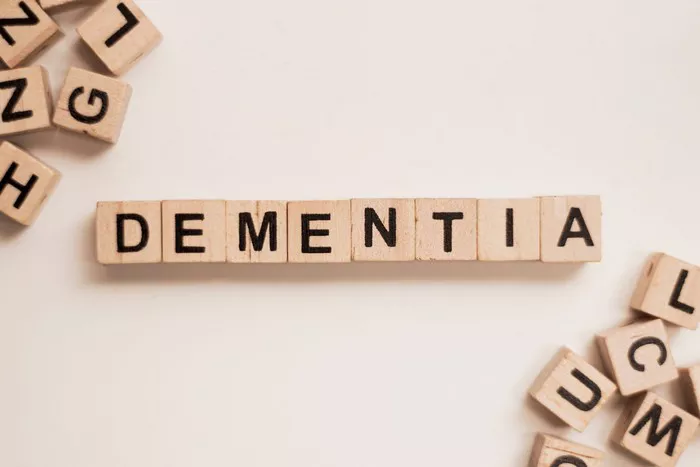A recent study led by researchers at Johns Hopkins Bloomberg School of Public Health has found that even small amounts of physical activity can significantly lower the risk of developing dementia, including for frail older adults. The study, published in the Journal of the American Medical Directors Association on January 15, shows that engaging in as little as 35 minutes of moderate to vigorous physical activity per week can reduce dementia risk by 41% over a four-year period.
The research, which analyzed data from nearly 90,000 adults in the U.K. who used activity trackers, revealed a clear correlation between the amount of physical activity and reduced dementia risk. Participants who engaged in higher levels of physical activity saw even greater reductions in dementia risk:
- 60% lower risk for those in the 35–69.9 minutes per week category
- 63% lower risk for those in the 70–139.9 minutes per week category
- 69% lower risk for those who engaged in 140+ minutes per week
Even frail adults, who are typically at a higher risk for health complications, showed a similar benefit. The findings suggest that increasing physical activity, even in small doses, can be a powerful strategy for dementia prevention, particularly for older adults who may struggle with more intensive exercise regimens.
The study contributes to a growing body of evidence that even modest exercise can have a significant impact on aging-related diseases, particularly dementia. Wanigatunga, the lead author of the study, emphasized the importance of these findings: “This adds to a growing body of evidence that some exercise is better than nothing, especially with regard to an aging-related disorder that affects the brain and currently has no cure.”
Although the exact amount of physical activity required to significantly reduce dementia risk is still unclear, the study reinforces that moderate physical activity is essential for cognitive health in aging. The U.S. Department of Health and Human Services and the U.K. National Health System both recommend 150 minutes of moderate-intensity exercise per week, which averages out to around 20 minutes per day. However, this guideline may be difficult for older adults, particularly frail individuals, to meet, making the new study’s findings on low-dose exercise especially valuable.
For their analysis, the research team used data from the UK Biobank project, a long-term study that follows approximately 500,000 individuals. They specifically examined data from 89,667 participants, primarily over the age of 50, who wore wrist accelerometers to track their physical activity for a week between 2013 and 2015. Over the following 4.4 years, 735 of the participants were diagnosed with dementia.
The study compared individuals who engaged in some level of moderate to vigorous physical activity with those who were sedentary. The results showed a clear link between higher activity levels and lower dementia risk. For participants who engaged in even 35 minutes of physical activity per week, dementia risk was reduced by 41%.
Even when the researchers considered frailty—an important factor as frail adults are at higher risk of poor health outcomes—the association between exercise and reduced dementia risk remained strong. This suggests that physical activity may be especially beneficial for those who are frail or nearing frailty, offering a simple but effective way to help reduce dementia risk in vulnerable populations.
While the study suggests that small amounts of exercise can lower dementia risk, the researchers caution that this study was observational, meaning it cannot establish causality. However, the findings are consistent with the hypothesis that physical activity can prevent or delay the onset of dementia. The researchers also excluded dementia diagnoses in the first two years of follow-up to rule out the possibility that undiagnosed dementia may have led to reduced activity levels.
Looking ahead, the team recommends that clinical trials further investigate low-dose exercise as a potential dementia-preventing strategy. As Wanigatunga notes, the findings could be particularly important for older adults who may not be able to adhere to the higher physical activity guidelines commonly recommended. A low-dose approach could help provide an accessible and realistic starting point for increasing physical activity among older populations.
The study offers promising news for older adults, suggesting that even small amounts of physical activity can help reduce the risk of developing dementia. As the global population ages, these findings could have important implications for public health strategies aimed at preventing dementia and improving the quality of life for older adults. Further research will be needed to refine these recommendations, but for now, this study underscores the importance of moving—no matter how small the steps.


